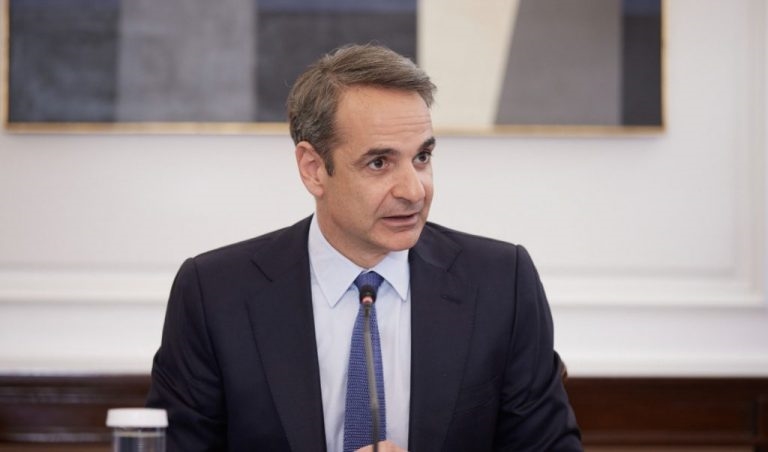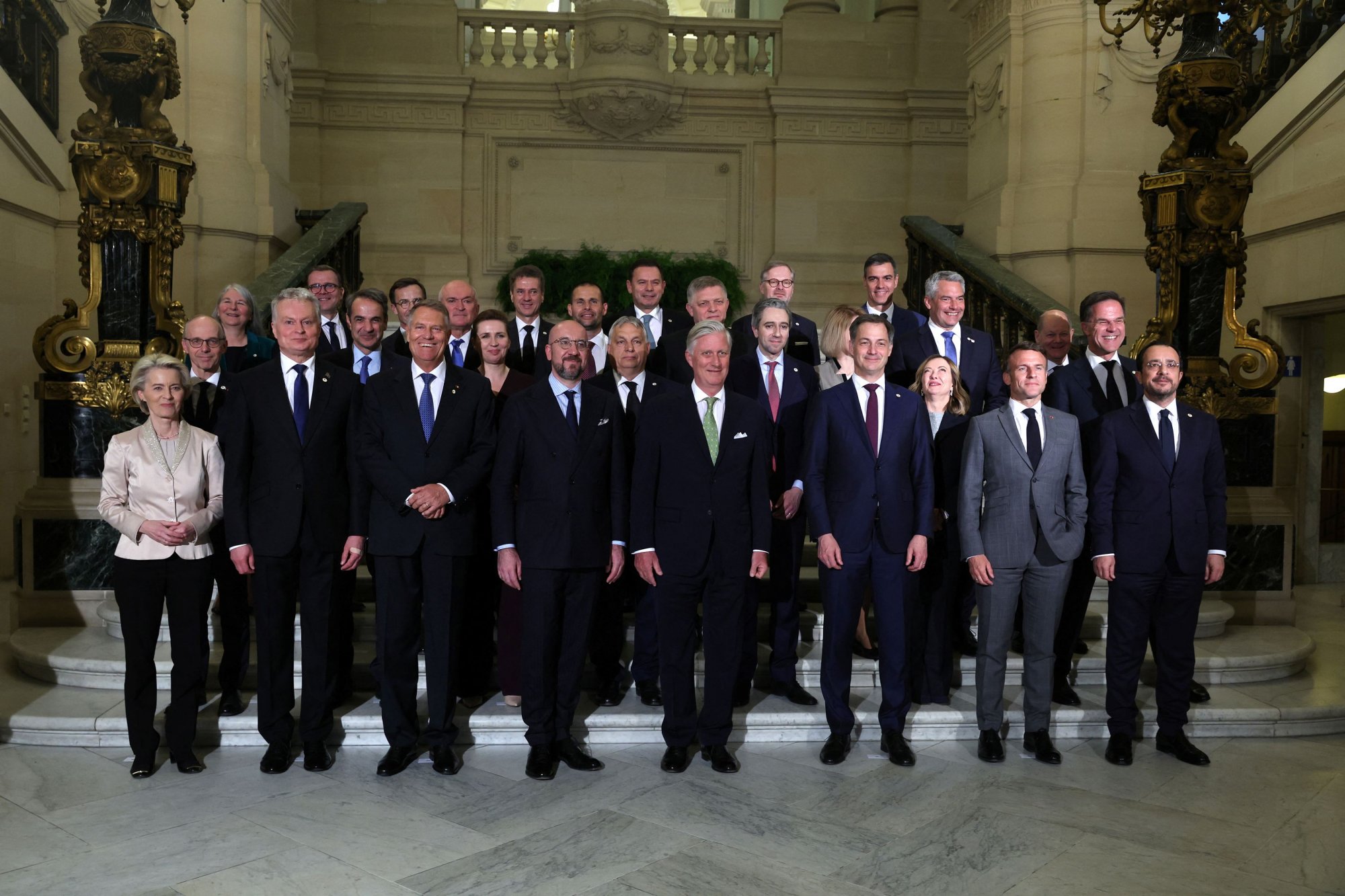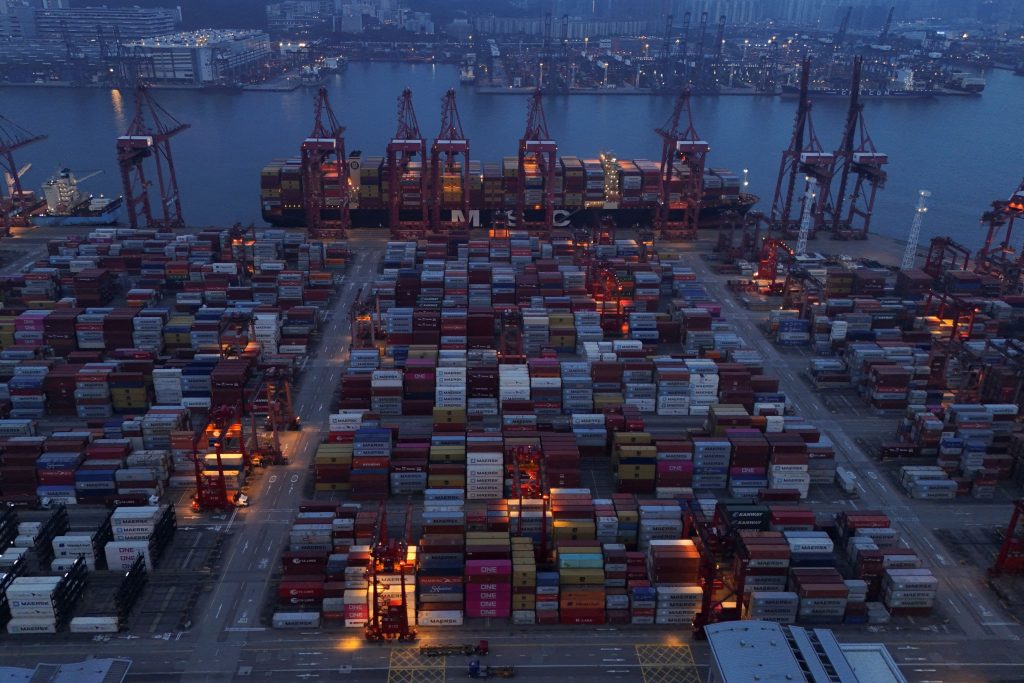The EU is moving forward with new sanctions against Iran following the attacks on Israel. According to the conclusions of the two day Summit held in Brussels on April 17-18. The restrictive measures are related to unmanned aircraft and missiles.
The President of the European Council, Charles Michel, shortly after midnight following the conclusion of the first day of the Summit stated “The sanctions against Iran are a clear message that we want to send.”
He highlighted the need to isolate Iran while avoiding to directly addressing whether there are signs of an imminent Israeli response. Instead, he pointed to the joint statement by the G7 and European leaders urging all parties to exercise restraint. “That’s our clear message. It’s our shared stance,” he emphasized.
Regarding the conclusions on Turkey, it is emphasized that the European Union has a strategic interest in a stable and secure environment in the Eastern Mediterranean and in developing a relationship of cooperation and mutual benefit with Turkey.
Additionally, leaders emphasize that the European Union attaches particular importance to the resumption and progress of negotiations for the settlement of the Cyprus issue, for further enhancing EU-Turkey cooperation.
The European Council reaffirms its dedication to resolving the Cyprus issue through the United Nations framework and in line with relevant Security Council resolutions and EU principles. Emphasizing the EU’s role, leaders express readiness to actively support all stages of the process under UN leadership, utilizing all available means.
Upon his arrival at the European Council, the President of Cyprus, Nikos Christodoulides stressed the interconnection between the Cyprus issue and the advancement of EU-Turkey relations. He also noted that he is scheduled to visit Lebanon on May 2 alongside the President of the Commission, Ursula von der Leyen.
Greek Prime Minister Kyriakos Mitsotakis highlighted the direct impact of the situation in Lebanon on Cyprus, noting significant refugee influxes from Lebanon. He affirmed support for Cyprus’s efforts to manage these flows while also advocating for essential assistance to stabilize Lebanon, a country that has faced considerable challenges.
In their conclusions, the “27” stress the EU’s readiness to collaborate with all partners to prevent further tension escalation, especially in Lebanon. They reiterate strong support for Lebanon and recognize the internal challenges the country faces due to regional tensions.
The “27” also emphasized support for Ukraine’s defense and urged expedited military assistance. However, they stressed that such aid would respect the security policies of certain member states and consider the security interests of all member states.




